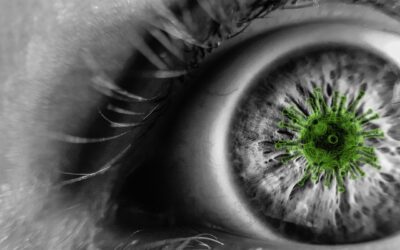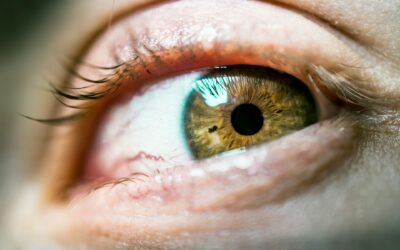Understanding Why Should an Infant Wear Glasses
The decision to have an infant wear glasses can significantly impact their visual development and overall well-being. The reasons behind why infants may need glasses are best understood by recognizing the conditions that can affect their eyesight early on and the benefits that corrective eyewear can offer in promoting optimal vision. It is rare that an infant will require glasses, but if glasses are recommended the infant should keep the glasses on as much as possible.
Correcting Refractive Errors
Infants, like individuals of all ages, can experience refractive errors such as nearsightedness, farsightedness, and astigmatism. Addressing these refractive errors early with the appropriate prescription glasses is crucial in ensuring clear and focused vision for infants as they explore and interact with their surroundings. Glasses help correct refractive errors, allowing infants to see the world around them more clearly and engage in visual activities essential for their development.
Managing Strabismus and Amblyopia
Conditions like strabismus (misalignment of the eyes) and amblyopia (lazy eye) can often be diagnosed in infancy. Wearing glasses early on can help manage these conditions by providing the necessary optical correction to facilitate proper eye alignment and visual development. Glasses can help correct refractive differences between the eyes, promote binocular vision, and prevent visual discrepancies that may lead to amblyopia if left untreated.
Supporting Eye Health and Comfort
Glasses for infants not only aid in vision correction but also play a role in protecting their eyes from potential harm or strain. By wearing glasses, infants can shield their eyes from excessive exposure to light, debris, or harmful ultraviolet rays. Additionally, glasses can help alleviate eye discomfort associated with squinting or straining to see clearly, promoting visual comfort and reducing eye fatigue during visual tasks and exploration.
Enhancing Visual Stimulation and Learning
Clear and focused vision is essential for infants’ visual stimulation and learning experiences. Glasses enable infants to perceive objects, shapes, colors, and faces more distinctly, enhancing their visual engagement and cognitive development. By providing proper visual input through corrective lenses, glasses contribute to enriching infants’ sensory experiences, supporting their early learning, and fostering healthy visual habits that set the foundation for lifelong eye health.
Optimizing Visual Potential
Early intervention with glasses can optimize infants’ visual potential and facilitate the development of crucial visual skills during critical periods of growth. By correcting refractive errors and addressing eye conditions promptly with glasses, infants have the opportunity to experience the world with enhanced visual clarity, depth perception, and visual acuity, laying the groundwork for strong visual abilities that can benefit them throughout childhood and beyond.
Consultation with Pediatric Eye Doctor
If you suspect that your infant may need glasses or have concerns about their visual development, seeking guidance from a pediatric eye doctor will be an important first step. Professional assessment, accurate diagnosis, and personalized treatment recommendations can help determine the appropriate prescription and eyewear options for your infant, ensuring optimal visual correction and support for their visual health and well-being. By proactively addressing visual needs and considering the benefits of glasses for infants, parents can play a vital role in nurturing their child’s visual development.





